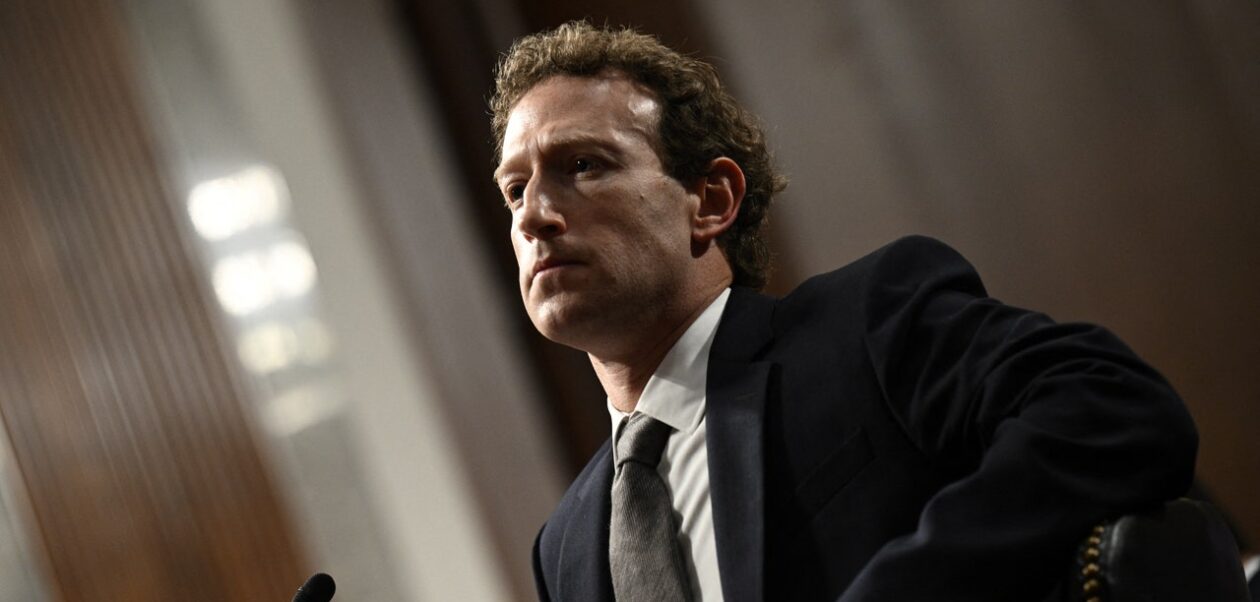Meta CEO Mark Zuckerberg is throwing in the towel on the social media behemoth’s rigorous fact-checking program. In a video posted to socials on Wednesday, the 40-year-old billionaire (I checked), wearing a $900,000 watch (I double-checked), heralded the end of third-party checkers for his $1.54 trillion company (you know I checked) in favor of the user-based community notes scheme seen on Elon Musk’s X. According to Zuck, “It’s time to get back to our roots around free expression,” which loosely translates to Meta not being fully accountable for the things posted on its own platform. To many, of course, this shift only foreshadows a surge in unabashed disinformation across Meta’s platforms—a transition into Face-Value-book, Misinfo-gram, and Whats-Even-True-Anymore-App. Without adequate moderation, even its text-based platform Threads could quickly tie itself in a knot of untruths.
Meta’s circa2019 focus on factuality was predominantly developed under the Biden administration, in the wake of gross disinformation being spread about COVID-19 online. According to Meta’s rejigged Hateful Conduct policy guidelines, however, now you can accuse China of being responsible for the pandemic, you can say that women shouldn’t serve in the military, and you can throw “allegations of mental illness or abnormality when based on gender or sexual orientation,” meaning I can type that I think you’re mentally unwell if you’re gay without anyone from Meta stepping in to call bullshit. Meta is effectively swiveling away from evidential reality—from provable actualities—and pivoting toward a saying-whatever-you-believe opinion quagmire, where right-wing rhetoric around gender or immigration or any improbable conspiracy theory can run unchecked. As of January 7, 2025, Meta is a platform less likely to intervene in instances of lies, hate, or harassment in a climate where instances of hate speech lead to real-life harm for marginalized groups.
It feels like a win for fascists. A win for bad-faith opinions. A win for the inflammatory language that saw the Capitol stormed four years ago. And although you still can’t deny the Holocaust or don blackface, none of this feels like good news, does it?
Few of us are asking why these changes are being rolled out now. Over the course of his recent presidential campaign, president-elect Donald Trump referred to Zuckerberg as “Zuckerschmuck,” even going so far as to suggest that Facebook et al. conspired against him during the 2020 election. Under Zuckerberg’s watch (not the $900,000 one), Meta is capitulating to the incoming administration’s exhausting rhetoric around free speech, looking to build bridges with the country’s commander in chief, get ahead of any misaligned values, and avoid legislation further down the line. This all reads like Meta’s ploy to avoid being regulated.




